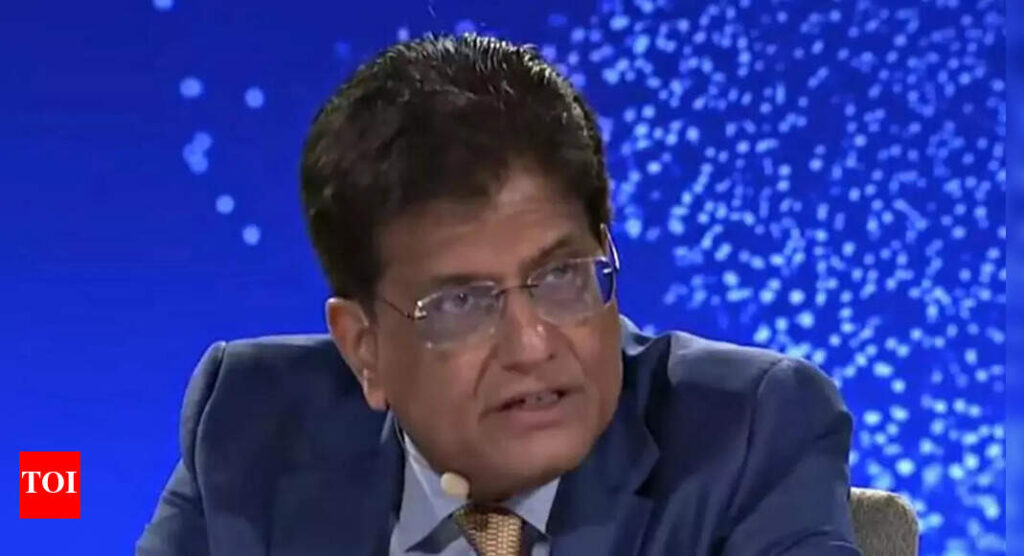
Commerce Minister Piyush Goyal has criticized Western nations for their perceived double standards regarding sanctions on Russian oil, questioning Germany and the United Kingdom’s efforts to secure exemptions. Speaking at the Berlin Global Dialogue, Goyal emphasized India’s commitment to independent trade policies, asserting that the nation will not enter trade agreements under external pressure.
Goyal’s comments come amid ongoing international discussions about the enforcement of sanctions on Russian oil. He highlighted the apparent contradiction in Germany’s request for exemptions from U.S. sanctions and the U.K.’s similar actions, questioning why India is scrutinized for its trade decisions in similar circumstances.
India’s Stance on Trade Agreements
During the dialogue, Goyal made it clear that India’s choice of international partners is driven solely by national interests. He stated that any external attempts to influence India’s trade relationships are unacceptable. “The decision to buy a particular product from a country is something that the entire world will have to take a call on,” Goyal remarked, underscoring India’s stance on maintaining sovereign decision-making in trade matters.
He further elaborated on the ongoing international situation, noting Germany’s and the U.K.’s requests for exemptions. “I was reading in today’s paper, Germany is asking for an exemption from US sanctions on oil…The UK already has sorted or probably got an exemption for procuring oil from the US…,” he said.
Historical Context and Current Implications
The backdrop to Goyal’s statements includes the Trump administration’s imposition of a 50% tariff on Indian exports and a 25% additional import levy on Russian crude oil purchases. These measures have prompted India to explore alternative markets to mitigate the impact of high tariffs.
In response to questions about securing sustainable trade agreements, Goyal emphasized that India is actively discussing trade with both the EU and the U.S. However, he firmly stated, “…But we do not do (trade) deals in a hurry and we do not do deals with deadlines or with a gun to our head,” highlighting India’s cautious approach to international trade negotiations.
Expert Opinions and Future Prospects
Experts suggest that India’s firm stance reflects a broader strategy to assert its position in the global trade arena. According to trade analyst Raghav Sharma, “India’s approach is a calculated move to ensure that its economic interests are not compromised by external pressures.”
The European Union’s prohibition on importing fuels manufactured from Russian crude oil, effective January 2026, adds another layer of complexity to the situation. This development could potentially impact global oil markets and India’s trade strategies.
“The decision to buy a particular product from a country is something that the entire world will have to take a call on,” said Piyush Goyal.
As India continues to navigate these complex international dynamics, the country’s trade policies will likely remain a focal point in global economic discussions. The implications of these developments could shape future trade agreements and economic partnerships.





